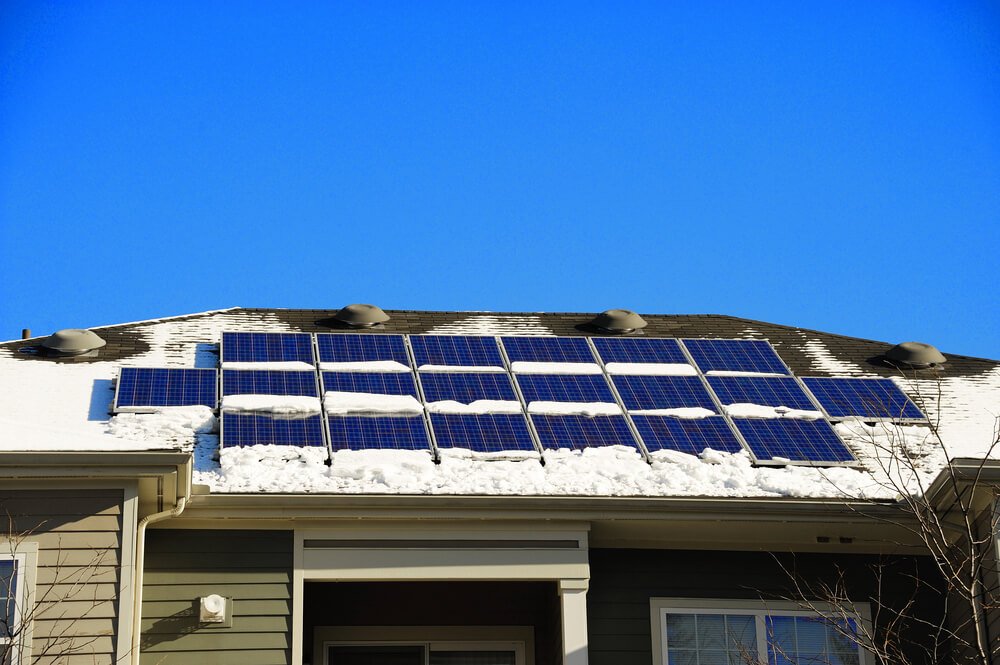During winter, especially in these parts, temperatures can drop below 20 degrees Fahrenheit, compelling homeowners to heat their houses. This causes the rate of energy consumption to go up in winter, with an average American household consuming more than 5000kWh of electricity in winter alone, as reported by the
U.S. Energy Information Administration(EIA). Since 1kWh of electricity costs about 12 cents in the U.S., consuming a lot of power can increase your bills and harm you financially, as per the
National Public Radio (NPR). Luckily, you can help conserve energy and minimize the costs of heating your home during winter.
Here are five simple ways in which you can conserve more energy this winter.
- Adjust Your Thermostat According to Your Need
The American Society of Heating, Refrigerating, and Air-Conditioning Engineers(ASHRAE) recommends setting your thermostat at 68 degrees Fahrenheit during the day in winter. This should only be the case if you are at home and awake. Otherwise, adjust your thermostat to about 60 degrees Fahrenheit if you are away from home and at night when you're asleep. This will help minimize energy consumption. To ease your work, install an automatic thermostat that self-adjusts according to the heating needs in your home.
- Only Heat Occupied Spaces
The main reason for heating your home during winter is to keep you and your family safe from hypothermia, which results from overexposure to extremely low temperatures, as reported by the
Center for Disease Control and Prevention(CDC). Hence, there's no need to heat unoccupied rooms. With this in mind, only heat the rooms you and your family use to minimize power consumption.
- Weatherstrip the Doors and Windows
Any holes or cracks on your windows and doors can let in cold air and allow warm air to escape from your home. This, in turn, can cause your furnace to overwork and consume more fuel, which could resulting in higher energy bills. To help prevent this, the
U.S. Department of Energy (DOE) recommends sealing all the holes using weatherstrips, caulk, tape, or reinforced foam. While at it, seal other cracks and openings in your building. For maximum retention of heat, you can also use insulating window coverings.
- Use LED Bulbs for Lighting
Compared to incandescent bulbs, LED bulbs consume up to 75% less energy and lasts about 25 minutes longer, as reported by the
U.S. Department of Energy (DOE). This makes LED bulbs your go-to lighting sources during winter if you are looking to save energy and potentially cut your electricity bill.
- Get Cozy
Apart from heating your home, dressing in warm clothes is another way to keep warm while inside. Instead of setting your thermostat to 68 degrees Fahrenheit during the day, you can adjust it to 60 degrees Fahrenheit and compensate for the heating gap by keeping cozy. This will not only lower energy consumption but also help you stay comfortable inside your home. Examples of warm clothing include, among others, heavy socks, sweaters, and jackets. You can also snuggle up with your loved ones or your pet and consume hot beverages to stay warm.
Make use of these simple tips to help save energy this winter. Additionally, purchase the right home insurance coverage to help protect your home against unforeseen winter-related damage. For help securing
homeowners insurance for your property,
talk to the team at Tompkins Insurance Agencies. We look forward to helping you find the right solution for your needs.


